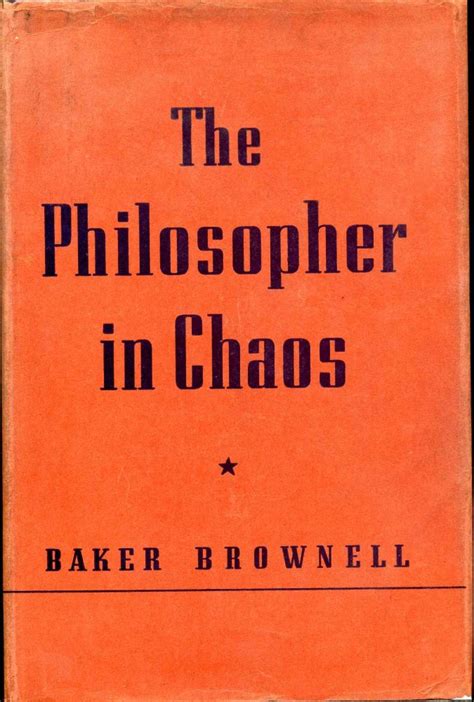A Quote by Carol Plum-Ucci
If you can understand human behavior, it can’t hurt you nearly as much.
Quote Topics
Related Quotes
Art arises in those strange complexities of action that are called human beings. It is a kind of human behavior. As such it is not magic, except as human beings are magical. Nor is it concerned in absolutes, eternities, "forms," beyond those that may reside in the context of the human being and be subject to his vicissitudes. Art is not an inner state of consciousness, whatever that may mean. Neither is it essentially a supreme form of communication. Art is human behavior, and its values are contained in human behavior.
If other people do not understand our behavior-so what? Their request that we must only do what they understand is an attempt to dictate to us. If this is being 'asocial' or 'irrational' in their eyes, so be it. Mostly they resent our freedom and our courage to be ourselves. We owe nobody an explanation or an accounting, as long as our acts do not hurt or infringe on them.
For optimists, human life never needs justification, no matter how much hurt piles up, because they can always tell themselves that things will get better. For pessimists, there is no amount of happiness—should such a thing as happiness even obtain for human beings except as a misconception—that can compensate us for life’s hurt.







































